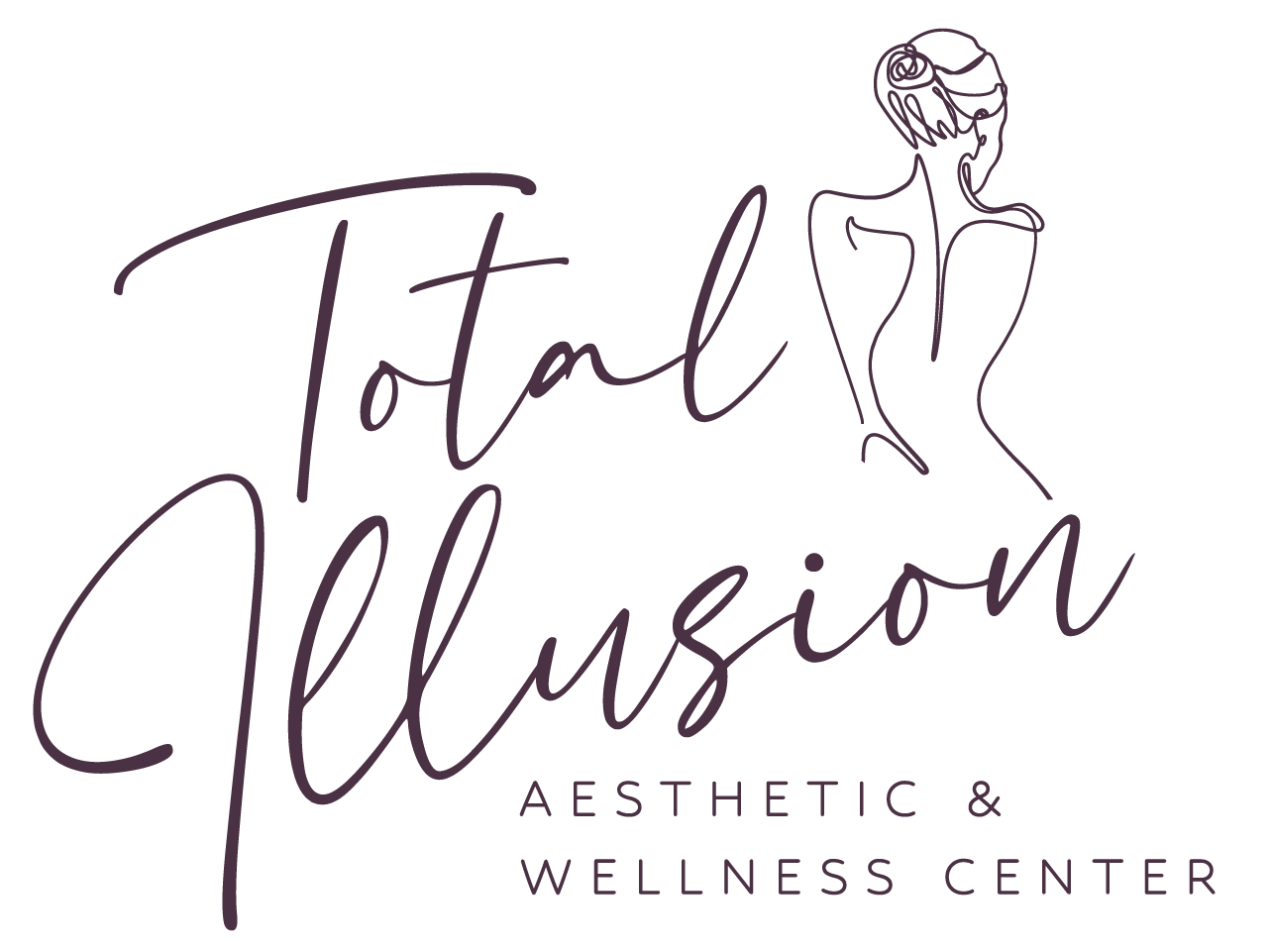Brain Fog and Hormones – The Hidden Connection You Need to Know
Have you ever felt like you're mentally wading through molasses—forgetting names, losing focus, or struggling to stay mentally sharp? You're not alone. This frustrating experience is often described as brain fog, and it may be more than just stress or lack of sleep. For many, hormones are the hidden culprit.
Let’s break down what brain fog really is, and how your hormones may be playing a much bigger role than you realize.
What is Brain Fog?
Brain fog isn’t a diagnosis—it’s a symptom. It refers to a set of cognitive complaints like:
Forgetfulness
Poor concentration
Slowed thinking
Mental fatigue
It can interfere with work, relationships, and your sense of self. While lifestyle factors like stress, lack of sleep, and poor diet contribute, hormonal imbalance is a key—and often overlooked—factor.
Hormones That Impact Brain Function
Your brain relies on a delicate balance of hormones to function smoothly. When that balance is disrupted, it can cloud your mental clarity. Here are the top hormonal players:
Estrogen
Supports neurotransmitters like serotonin and acetylcholine
Important for memory, focus, and mood
Declines during perimenopause and menopause, often triggering brain fog
Progesterone
Has a calming effect on the brain through GABA
Low levels may cause anxiety, poor sleep, and fuzzy thinking
Testosterone
Crucial for energy, drive, and mental sharpness (yes, even in women!)
Low testosterone levels can lead to sluggish thinking
Cortisol
Your primary stress hormone
Chronic high levels can damage memory and lower brain-derived neurotrophic factor (BDNF)
Low levels can result in fatigue and sluggish cognition
Thyroid Hormones (T3 & T4)
Control brain metabolism
Low levels (hypothyroidism) = mental slowness, forgetfulness, and low mood
When Does Hormonal Brain Fog Occur?
Hormonal brain fog can show up during:
Perimenopause & Menopause
Postpartum period
Chronic stress or adrenal burnout
Thyroid disorders
Andropause in men
How Hormones Affect the Brain
Hormones regulate everything from neurotransmitter activity to BDNF, a protein crucial for brain growth and plasticity. When your hormone levels are out of balance, it directly impacts your brain’s ability to think clearly, adapt, and remember.
What You Can Do
Good news: hormonal brain fog is both real and treatable. Here’s how you can start clearing the fog:
Get hormone testing – check estrogen, progesterone, testosterone, thyroid, and cortisol.
Balance blood sugar – stabilize insulin for better hormone control.
Support your adrenals – manage stress and consider adaptogens.
Move your body – moderate exercise boosts mood and BDNF.
Sleep deeply – restorative sleep is when the brain resets and repairs.
Consider hormone therapy or natural supplements – under guidance from a qualified provider.
ExoTMS™ – a non-invasive, neuroscience based wellness treatment that supports brain health, emotional wellness, cognitive performance, and overall mental vitality.
Final Thoughts
Brain fog can make you feel unlike yourself—but you don’t have to settle for feeling “off.” Understanding the role hormones play in your mental clarity is the first step to regaining your sharpness, energy, and focus.
If you're ready to get to the root of your brain fog, we’re here to help. Book a consultation or follow us for more brain + hormone wellness tips!



